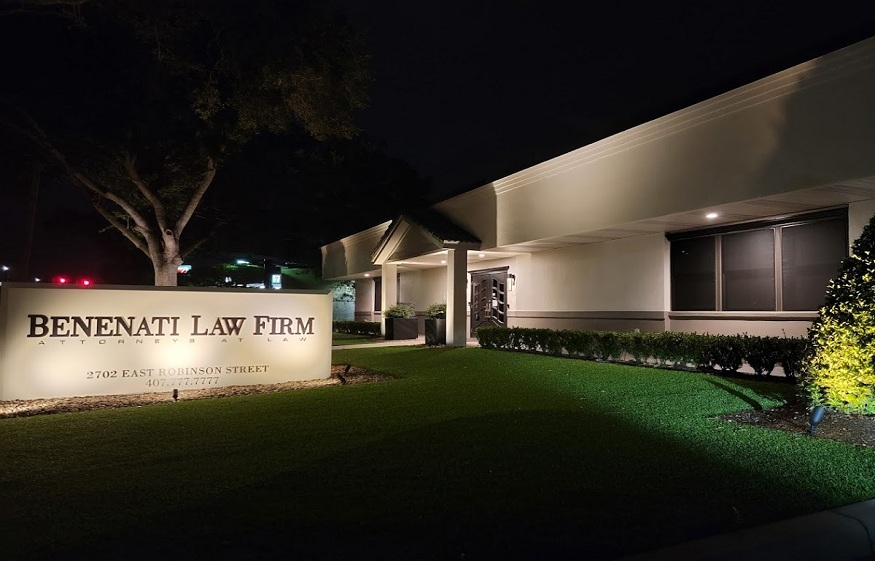The definition of a law firm is derived from Merriam-Webster: “a group of lawyers working together as a business”. Lawyers are trained to sue on behalf of their clients and to advise on their legal rights and obligations on other matters. Lobbying for victims’ compensation claims, ensuring fair trials for defendants, facilitating real estate transactions, and protecting the environment. Benenati law firm is ready to help and guide through the process.
How do law firms work?
In a company, a lawyer can be a partner or associate. Junior-level employees are professionals who are responsible for a variety of issues and roles within the company, but can specialize after gaining experience. Partners receive a portion of the company’s profits, but have direct responsibility for starting a business, case initiative, or chairing an association team.
What are the services:
1. Debt collector lawsuit defense:
A defense is often the reason the plaintiff failed to win the case. In a debt collection lawsuit, the defense is the claim that the plaintiff failed to prove his claim or did not borrow money. If one of your defenses succeeds, the writer loses and wins.
What is not defense?
- This is due to the delay in paying the invoice.
- Therefore, the loan cannot be repaid today.
- The creditor or collector’s past refusal to make reasonable payment arrangements.
- A statement that you want to settle your case or initiate payment.
Unfortunately, millions of Americans have to put up with this kind of problem. In fact, more than 70 million Americans reported meeting with debt collectors, according to the Consumer Financial Protection Agency. In addition to the endless phone calls, many debt collectors sue, sue and get the money they want back.
When you receive a debt collection lawsuit, it’s important to be proactive and take steps to protect your rights. You should try to have a deeper understanding of what happens when you receive a debt collection subpoena and how to tackle and beat debt collectors in court.
2. Business bankruptcy:
If you are self-employed, you can continue your business after your own bankruptcy. However, this is not guaranteed and the trustee may decide to sell the business.
In most cases, the tools needed to do the job are kept safe and no official bankruptcy trustee will try to sell them. But the company’s stock is considered an asset and the trustee wants to sell it. Employees, if any, are usually laid off and all business paperwork must be submitted to the trustee.
If you are a company, you cannot keep moving.
If you have gone bankrupt, you may not promote, establish or manage a publicly traded company without judicial authorization.
At the time of bankruptcy, you cannot do business under a different name without giving prior notice to anyone who goes bankrupt.
Bankruptcy free advice.
Bankruptcy and its impact on a business is a complex area, so individual business owners considering bankruptcy should consult for details.
3. Chapter 13 repayment plan:
To complete the official bankruptcy form, including the application, financial statement and schedule, the borrower must fill in the following information:
- List of all creditors and the amount and nature of their receivables.
- The source, amount and frequency of the borrower’s income.
- A detailed list of the borrower’s monthly expenses, including food, clothing, housing, utilities, taxes, transportation, and medicine.
If a project is approved, a situation may arise where the borrower cannot complete the project. In this case, the debtor can file a lawsuit against the court. 11 USC § 1328(b). Generally, this release is only possible if the creditor has received at least an amount equal to the amount due in the Chapter 7 liquidation action. Plan changes cannot be made. An injury or illness that prevents you from finding enough work to fund your revised plan can be a reason for a rough exit.

